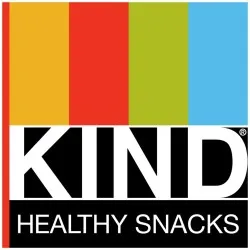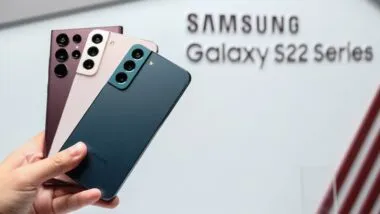 KIND LLC is facing a putative class action lawsuit over claims that its nut-based candy bars do not prevent weight gain despite advertising that suggests otherwise.
KIND LLC is facing a putative class action lawsuit over claims that its nut-based candy bars do not prevent weight gain despite advertising that suggests otherwise.
Plaintiffs Steven Bailey and Loree Moran say they relied on the KIND snack wrappers that touted health benefits such as “Fill up without filling out!” and “[a] study from the Yale-Griffin Prevention Research Center indicates that eating two KIND bars a day helps prevent weight gain.”
The KIND class action lawsuit alleges that these health claims were central to the marketing campaign of the nut-based snack between October 2012 until May 2014.
However, the plaintiffs claim that the Yale-Griffin study mentioned prominently on KIND bar labels actually failed to show any difference in weight gain between individuals who ate the “health” snack when compared to those who did not.
In addition, the KIND lawsuit states that Yale-Griffin researchers performed a second study involving a group of subjects who ate KIND nut-based bars and compared them with individuals who consumed “conventional” snack foods. The findings were allegedly worse.
“The Second Study thus found that the weight-gain prevention qualities of KIND bars were roughly equal to those of Double Stuff Oreos,” the class action claims.
The plaintiffs state that KIND knew about the findings in the second study by January 2014 but did not change the label until May 2014.
According to the complaint, the health claims appeared on the back of the KIND bar wrappers, in a more obvious location than even the nutrition facts which appear underneath the fold of the wrapper.
“KIND knew that consumers would rely on it in deciding to purchase KIND Bars over other similar bars made by competitors,” the lawsuit states. “That is the sole reason KIND funded the Yale Griffin Studies and printed a (false and misleading) reference thereto on the label.”
According to the KIND class action lawsuit, the maker of the “health” bar is in breach of express warranty because the plaintiffs claim they would not have purchased the product if they had known it would have no affect on body weight.
In addition, the KIND lawsuit alleges that the defendant violated California’s Unfair Competition Law which states that “Unfair competition shall mean and include unlawful, unfair or fraudulent business practices and unfair, deceptive, untrue or misleading advertising ….”
The plaintiffs further cite violations of state false advertising laws by claiming that reasonable consumers were likely to be mislead by the statements on the KIND bar labels.
If approved, the KIND class action would be open to all U.S. consumers who purchased KIND bars which were packaged from October 2012 to May 2014. The plaintiffs also seek to represent California and New York subclasses.
The plaintiffs are represented by attorneys L. Timothy Fisher, Julia A. Luster and Scott A. Bursor of Bursor & Fisher in Walnut Creek, California and New York City.
The KIND False Advertising Class Action Lawsuit is Steven Bailey, et al. v. Kind LLC, Case No. 8:16-cv-00168-JLS-DFM, in the U.S. District Court for the Central District of California.
ATTORNEY ADVERTISING Top Class Actions is a Proud Member of the American Bar Association LEGAL INFORMATION IS NOT LEGAL ADVICE
Top Class Actions Legal Statement
©2008 – 2026 Top Class Actions® LLC Various Trademarks held by their respective owners This website is not intended for viewing or usage by European Union citizens.















4 thoughts onClass Action: KIND Candy Bars Don’t Prevent Weight Gain
Please add me!
Me too people…never lost a pound. In fact I think I gained about 10 pounds. How do I get in on this?
No weight change my foot. These were my lunch every day for about a month. Until I got on the scale that was. I couldn’t believe that I gave up eating healthy salads and other things I would normally eat for these and gained weight instead of loosing it.
Kind bars are super nutty and delicious. Great to stick in your pocket for a quick snack. Probably too good to be low calorie as well